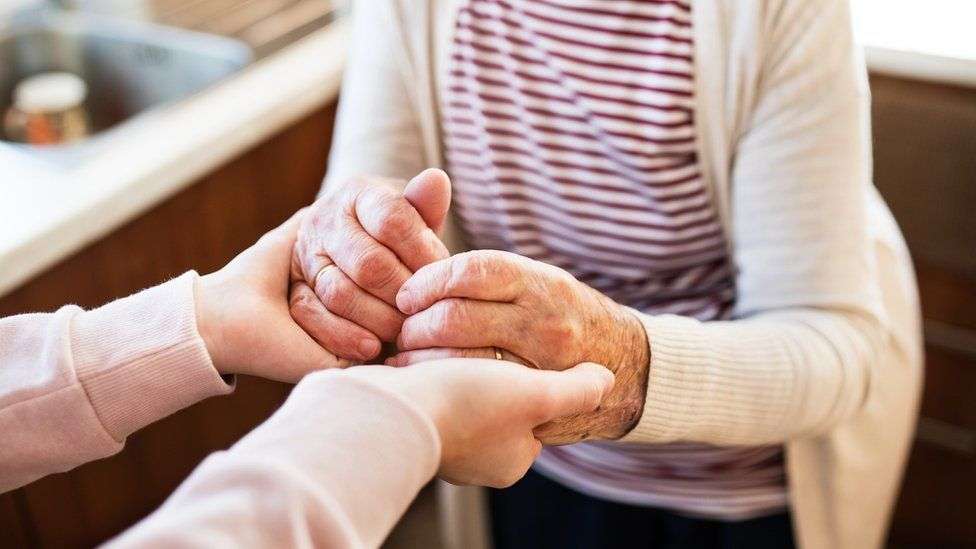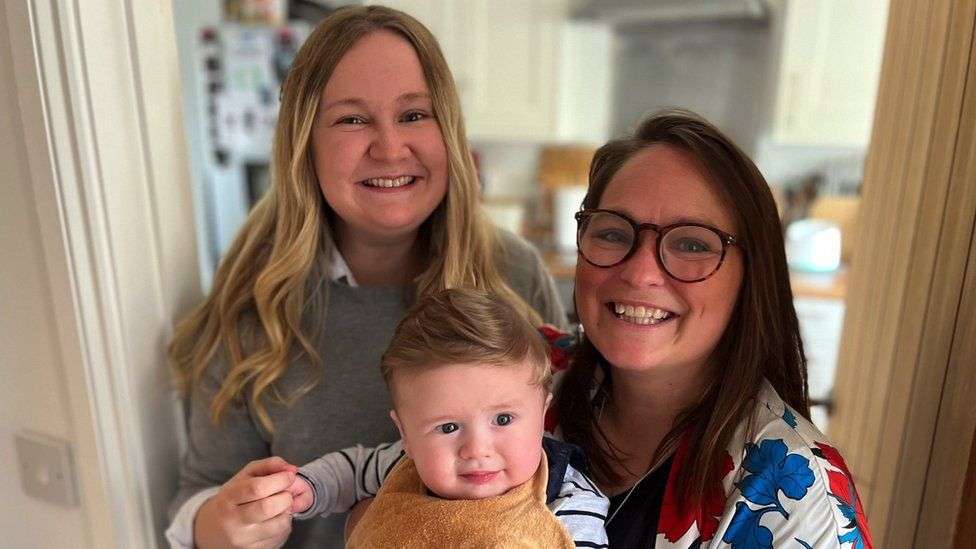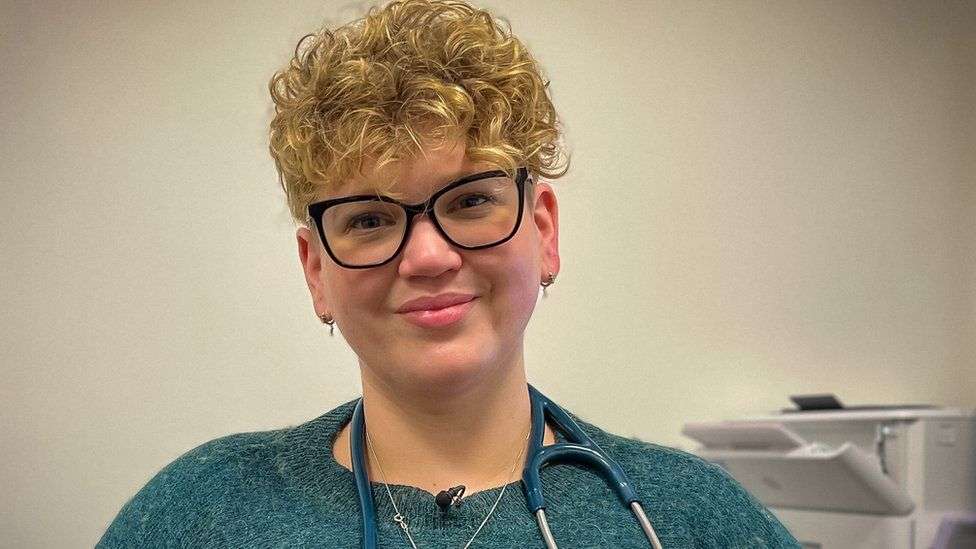The safety of people with learning disabilities in England is being compromised when they are admitted to hospital, a watchdog says.
The Health Services Safety Investigations Body (HSSIB) reviewed the care people receive and said there were "persistent and widespread" risks.
It warned staff are not equipped with the skills or support to meet the needs of patients with learning disabilities.
Nearly one million adults in England are living with a learning disability.
The watchdog launched its review after receiving a report about a 79-year-old who died following a cardiac arrest two weeks after being admitted to hospital.
The man, who had a mild learning disability and struggled with speaking and hearing, was originally admitted with chest and skin infections.
He became anxious while in hospital and staff struggled to communicate with him, partly because of problems with his hearing aids.
But the difficulties were also compounded by the fact the sole specialist learning disability nurse employed by the hospital was on leave.
During his two weeks in hospital, the man refused care as well as blood tests. When a successful blood test was taken it was discovered he was suffering with kidney failure, but he died following a cardiac arrest before those results were known.
The watchdog said the hospital had failed to meet his needs sufficiently.
As part of its investigation, HSSIB also looked at the care provided in other places to people with learning disabilities.
It warned systems in place to share information about them were unreliable, and that there was an inconsistency in the availability of specialist teams - known as learning disability liaison services - that were in place in hospitals to support general staff.
It also said general staff had insufficient training - although it did note a national mandatory training programme is currently being rolled out.
Senior investigator Clare Crowley said: "If needs are not met, it can cause distress and confusion for the patient and their families and carers, and raises the risk of poor health outcomes and, in the worst cases, harm."
Saffron Cordery, of NHS Providers, which represents hospitals, said services were committed to "stamping out" the inequalities this group of patients faced.
But she said there needed to be investment in training programmes and a more consistent approach to specialist support.








